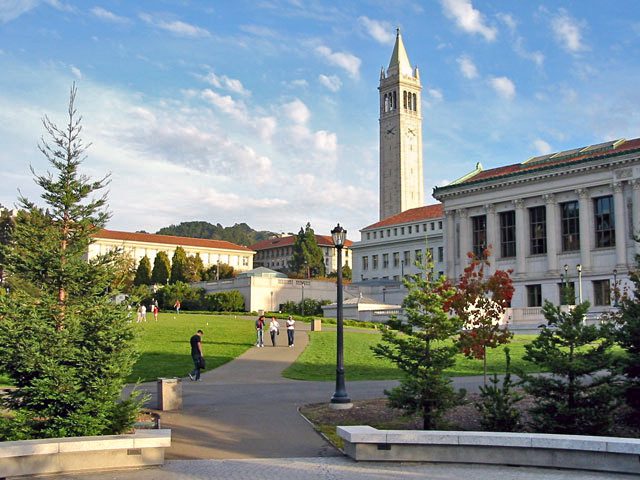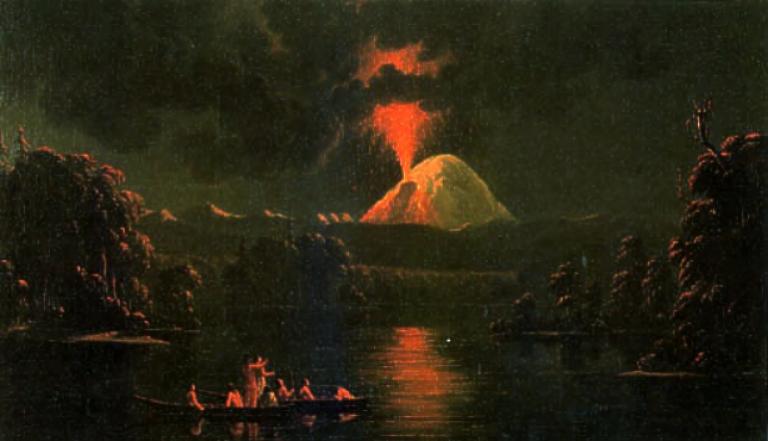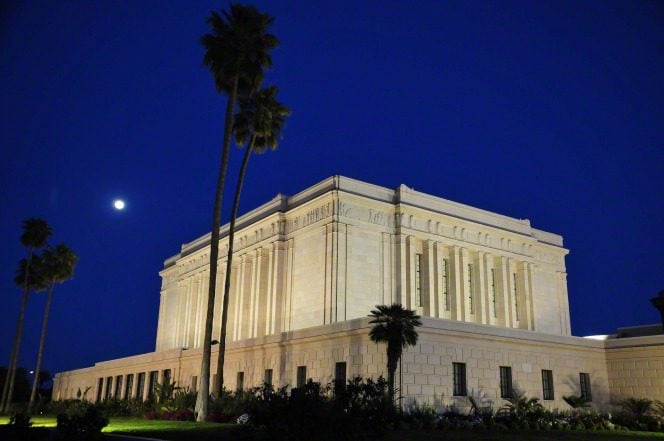
Several millennia ago, when I was a teenager babysitting for my brother and my sister-in-law (or something like that), I came across a book on my brother shelves that has stayed with me ever since: Eric Hoffer’s The True Believer: Thoughts on the Nature of Mass Movements, which was originally published in 1951.
Oddly, though, until this past week I don’t think that I had ever re-read the book since then. However, my wife and I belong to a monthly reading group, and we were in charge for tonight, and, on a sudden whim, I chose The True Believer for this evening’s get-together. At first, I have to admit that I was a bit disappointed, and a little worried about my choice. By the end, though, it seemed as brilliant to me as it did all those years ago. I don’t agree with everything in it — at some points I strongly disagree — but it’s wonderfully provocative.
I think that I may almost have marked more passages than I didn’t mark. Hoffer wrote aphoristically, and he’s often very quotable. Here are three of the first passages that I selected:
It is necessary for most of us these days to have some insight into the motives and responses of the true believer. For though ours is a godless age, it is the very opposite of irreligious. The true believer is everywhere on the march, and both by converting and antagonizing he is shaping the world in his own image. And whether we are to line up with him or against him, it is well that we should know all we can concerning his nature and potentialities. (xiii)
He wrote those words nearly seven decades ago. Hitler and Nazism had died only six years before. Joseph Stalin still ruled the Soviet Union and its satellites. The People’s Republic of China had just been established, in 1949. But Hoffer is still relevant, not just in the age of ISIS and al-Qa‘ida and Hezbollah but to the rise of extreme factions in the presidential politics of the United States.
When hopes and dreams are loose in the streets, it is well for the timid to lock doors, shutter windows and lie low until the wrath has passed. For there is often a monstrous incongruity between the hopes, however noble and tender, and the action which follows them. It is as if ivied maidens and garlanded youths were to herald the four horsemen of the apocalypse. (11)
A man is likely to mind his own business when it is worth minding. When it is not, he takes his mind off his own meaningless affairs by minding other people’s business. (14)











